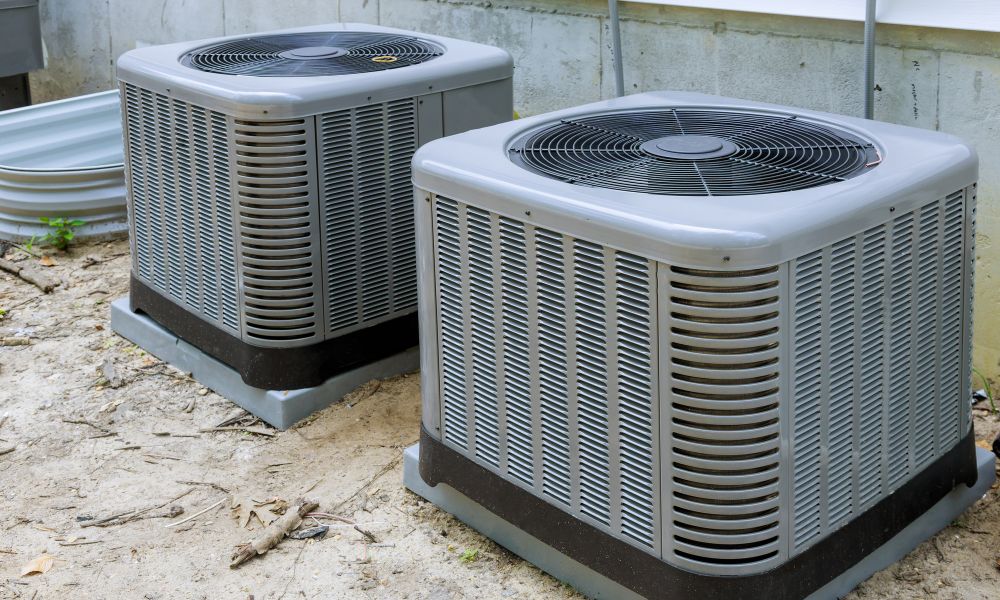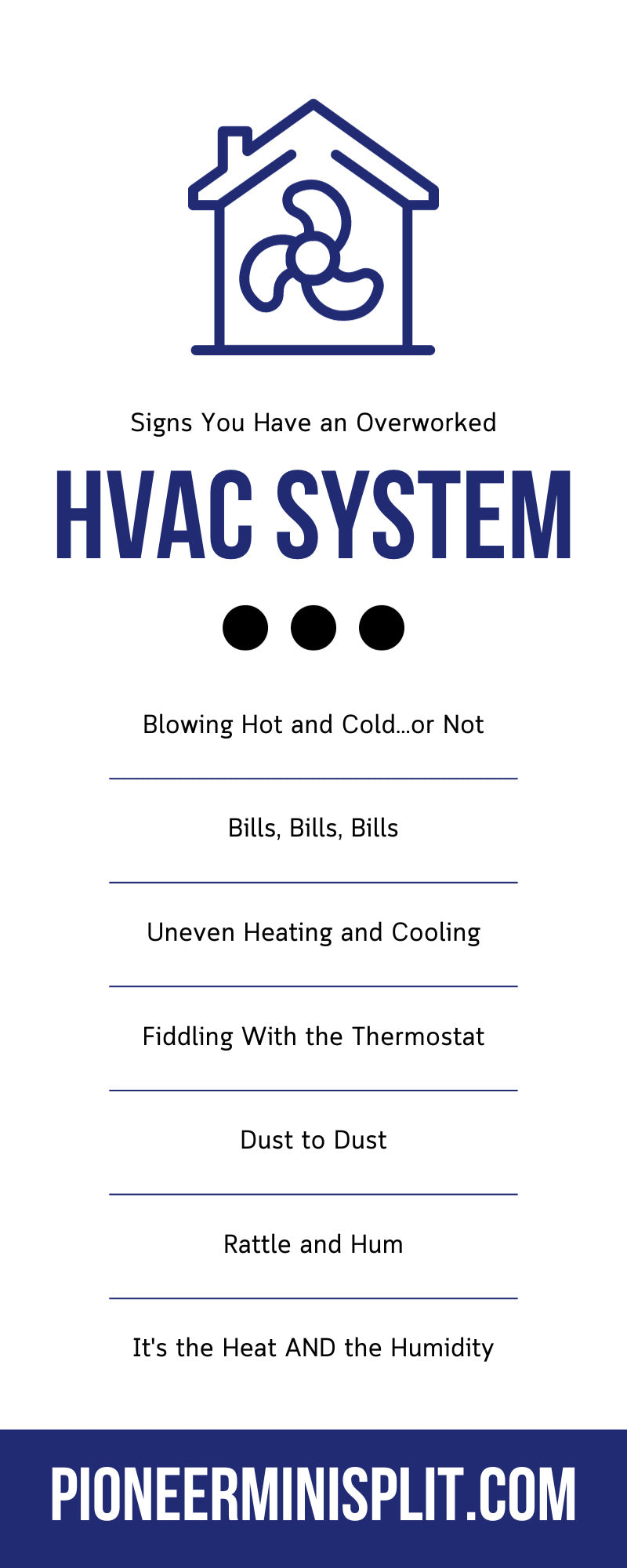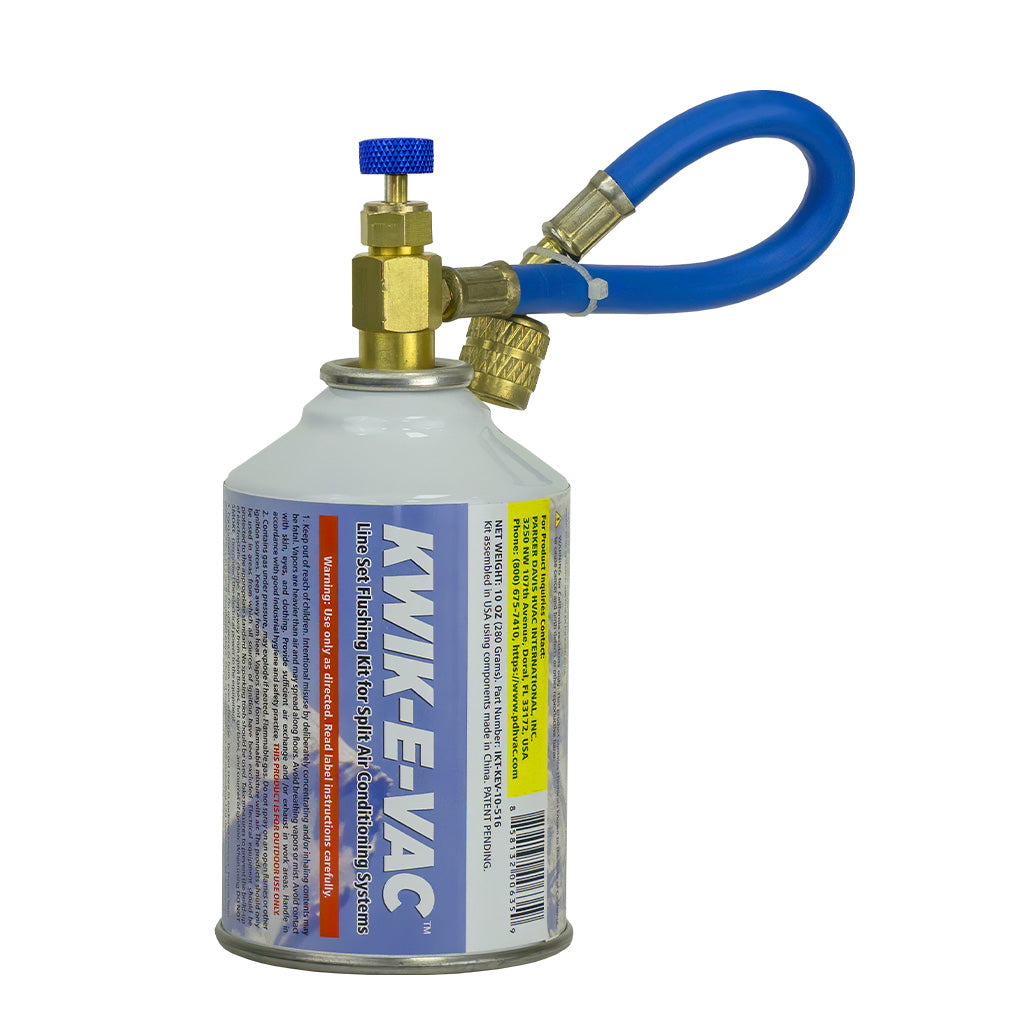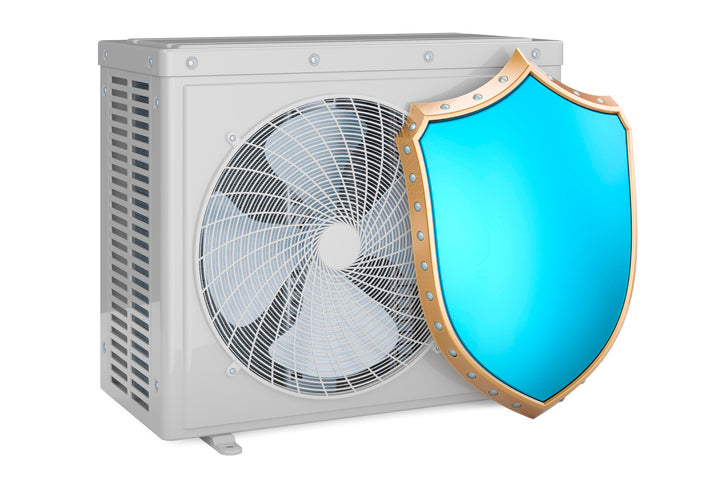9 Signs You Have an Overworked HVAC System

Your HVAC unit works behind the scenes to keep your home or office comfortably cool or wonderfully warm. But have you ever wondered if it’s working too hard? An overworked HVAC system runs the risk of breaking down, burning out, or otherwise providing poor service when you need it most. Generally, however, the average HVAC unit tips you off to potential problems through various sights, sounds, and smells. If you want to avoid a call to the repairperson, become an HVAC whisperer by taking note of the following nine signs you have an overworked HVAC system.
Blowing Hot and Cold…or Not
The most obvious evidence of trouble with your HVAC system is when it fails to deliver the desired temperatures. On particularly hot or cold days, you can expect your HVAC system to struggle a little bit. But if it’s barely providing a comfortable level of heat or coolness on even moderately hot or cold days, something may be up. After a brutal summer or winter, your HVAC system may be feeling a bit bruised. Schedule a maintenance check to ensure it’s in good shape for the next season.
Bills, Bills, Bills
Sometimes the issue is subtle and will only become apparent when that monthly energy statement shows up. If your electricity and gas bills are rising without any help from economic turmoil, your HVAC system may be fighting a silent battle to work or survive. If your bills are rising out of nowhere, your system may be worn out. Again, schedule regular maintenance sessions to ensure it works at optimal levels.
Uneven Heating and Cooling
Feeling cold or hot spots in parts of the room? It’s probably not ghosts. More likely your HVAC system is having trouble delivering the goods to every part of the house. Typically, this can be evidence of blocked vents, filters, and other parts of the system. If you have a ducted split system, be sure to subject the filter to regular cleanings. Be sure the outside condenser unit is cleaned off—using a garden hose to hose it down is usually enough—and not blocked by weeds and other growth. Have the ducts cleaned every three to five years as well. It’ll help your HVAC system “breathe” more easily.
Fiddling With the Thermostat
In general, thermostats should be a set it and forget it affair. You program the temperature you want and step away, leaving the system to run and provide the temperatures you prefer. If you find yourself constantly pressing the thermostat’s buttons or turning the dial, yet still feel hot or cold, things are awry. It may be the thermostat’s fault, or it may not. But a lack of response on the part of the HVAC system indicates it’s time to call the experts to come in and look it over
Dust to Dust
Does it feel like the amount of dust in your home has increased? Your HVAC system should be drawing in and filtering out all the dirt, debris, dander, and other materials in the air and releasing cleaner conditioned air. It’s likely time to clean or replace the filter, but in an older home, it’s also possible that the ductwork is getting older, too. Look for loose ducts, at least those you can see. It may be the HVAC system is unable to keep up with the dust levels. Regular cleaning should help it along.
Rattle and Hum
HVAC systems make noise, but it should be a near-silent background noise, no louder than a steady woosh of air. When it’s overworked, however, your HVAC will petulantly rattle, buzz, screech, whistle, and even clatter and clunk. When your HVAC system gets grumpy, it’ll let you know, and without subtlety. An internal part may have shaken loose. A fan blade might be askew. Or the compressor may be nearing the end of its life. Unfortunately, you won’t know until an expert gets in there and investigates. Still, basic maintenance can prevent irritating sounds wrought by blocked filters and the like.
It's the Heat AND the Humidity
Besides keeping you cool in the summer; HVAC units also work to relieve you of the unpleasant stickiness of humid weather. The HVAC unit works to draw in the humid air, cool it down, and release it back into the room. On especially damp days, your unit has to put in extra effort, which can impede performance. But if the humidity doesn’t go away at all, it may be time for repairs to the compressor or condenser.
Can’t Stop, Won’t Stop
Naturally, you expect your HVAC system to operate for as long as you need it. You don’t want occasional air conditioning in the dog days of summer, you want consistent air conditioning. That said, and hard though it may be to believe, an HVAC system that never stops running isn’t doing its job. It should start and stop as required, meeting the demand for heat or cool air until it’s no longer necessary. Running it nonstop for hours or even days isn’t doing you or the unit any favors, especially for the fan. Be cautious in how long you run it. However, if your HVAC system seems to be struggling, it’s either in need of repairs, on its way out, or the wrong size for your home. Everyone needs a work break—yes, even your HVAC unit!
Drip, Drip, Drip…
Leaks can be simple or serious business for HVAC units. The device should be draining off condensation, but if the condenser isn’t level, water might be pooling in the drain pan. This can foster bacterial, fungal, or similar growths. If your unit is leaking refrigerant, that’s a bigger deal. Refrigerant is toxic to humans and animals. To a lesser degree, leaking refrigerant corrodes the inner workings. If you find any sort of leak, contact the repair company as soon as possible.
Those are the nine signs you have an overworked HVAC system. If your unit is currently fighting for its life, call us today for a consultation!








